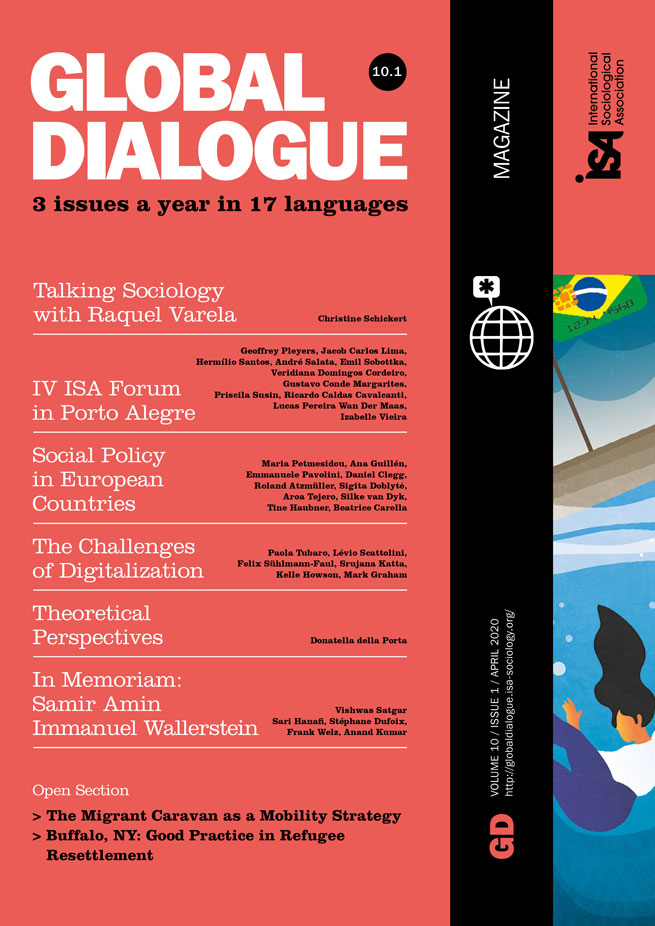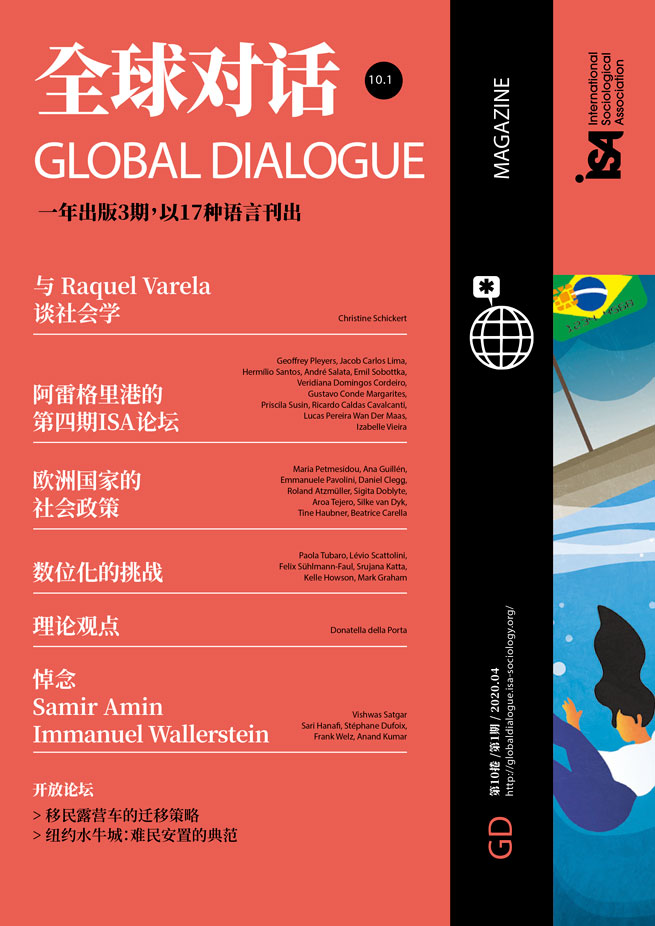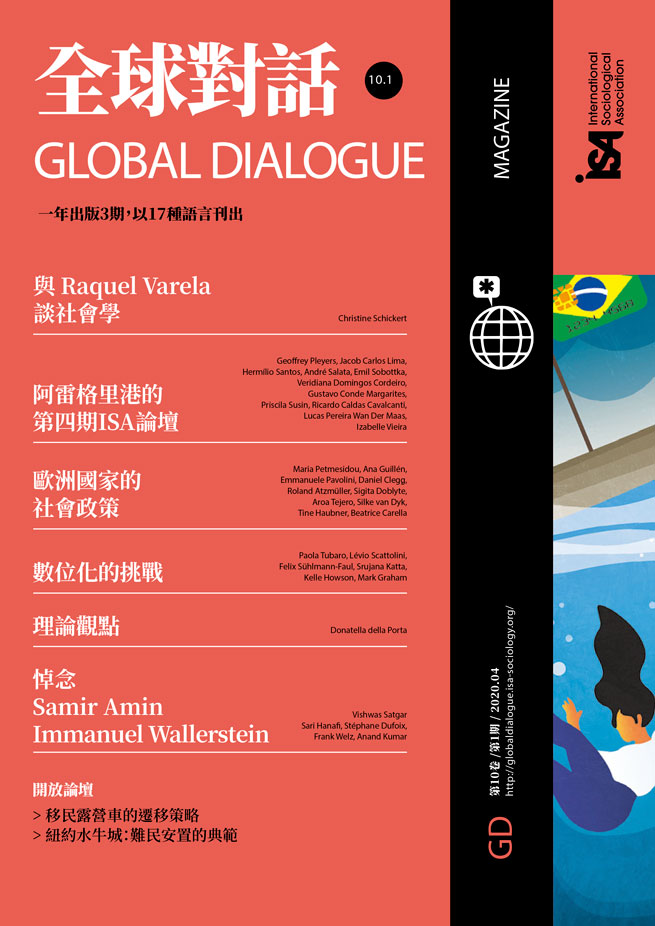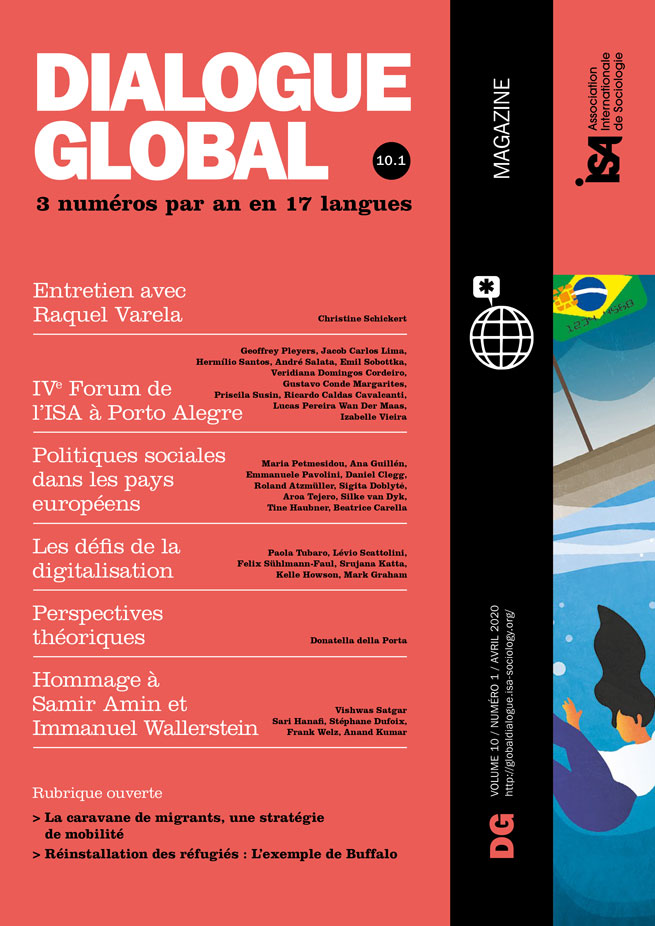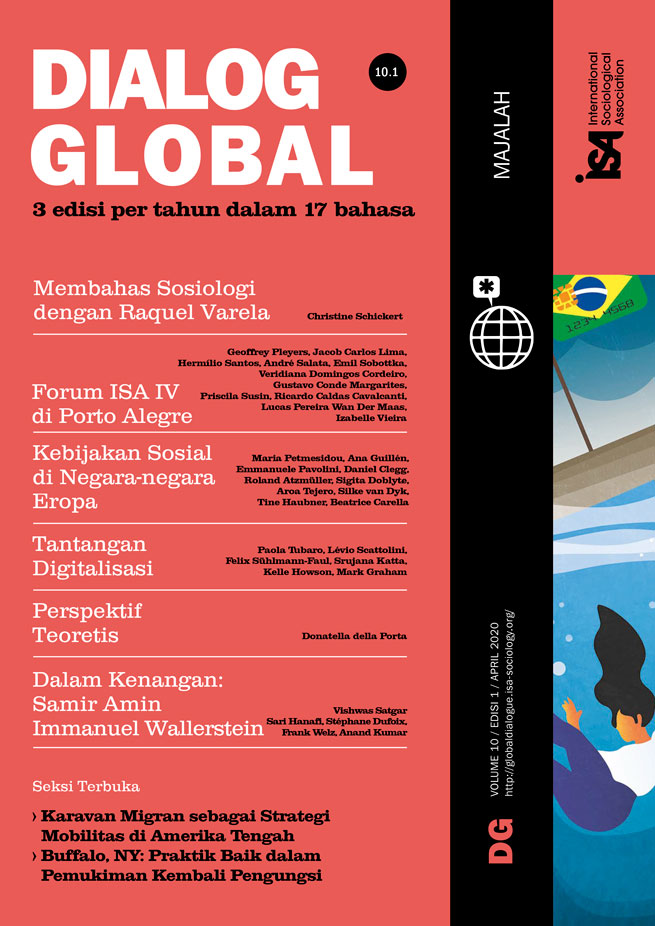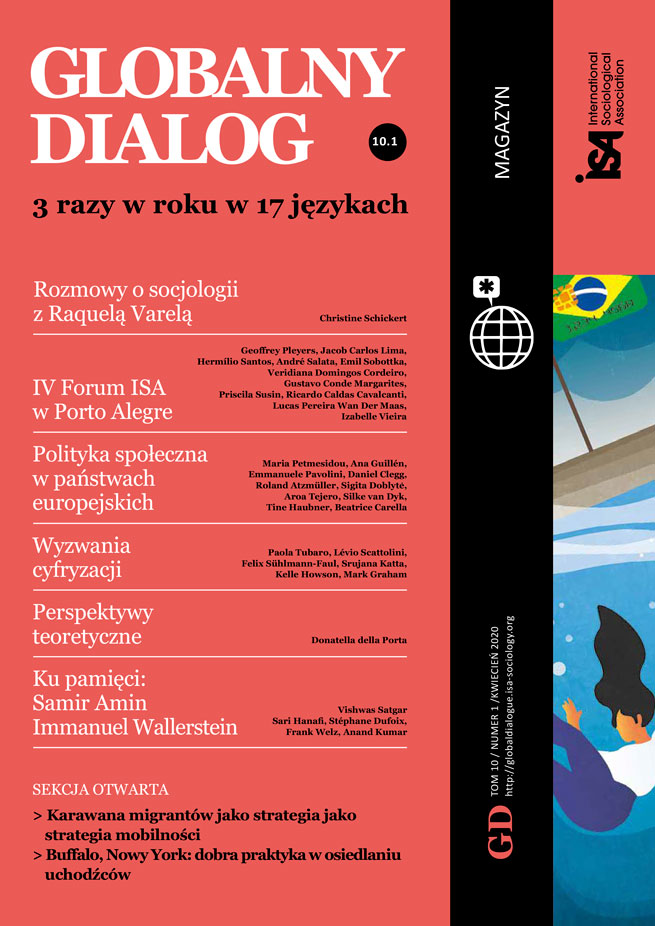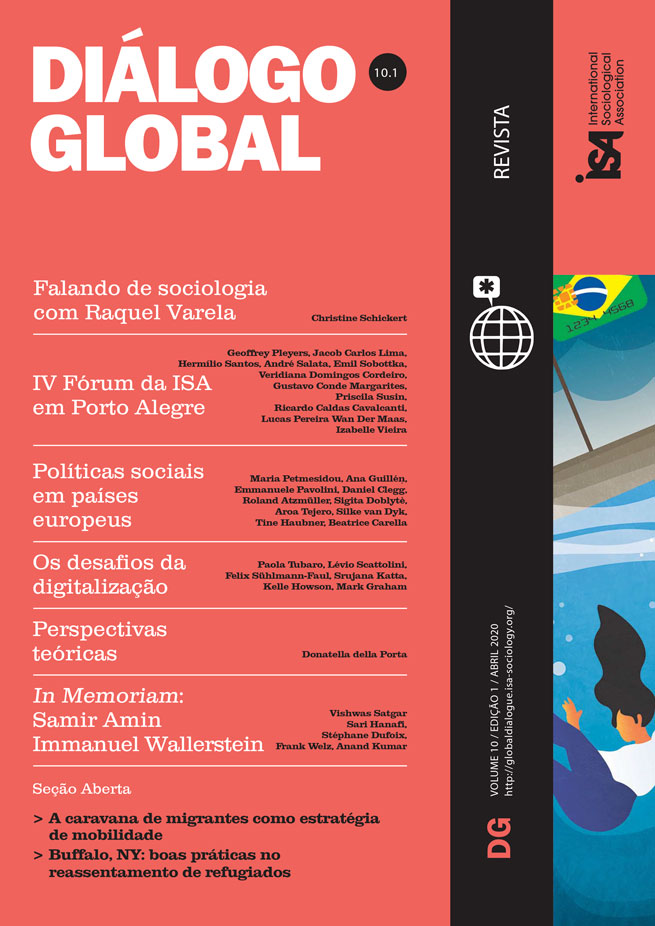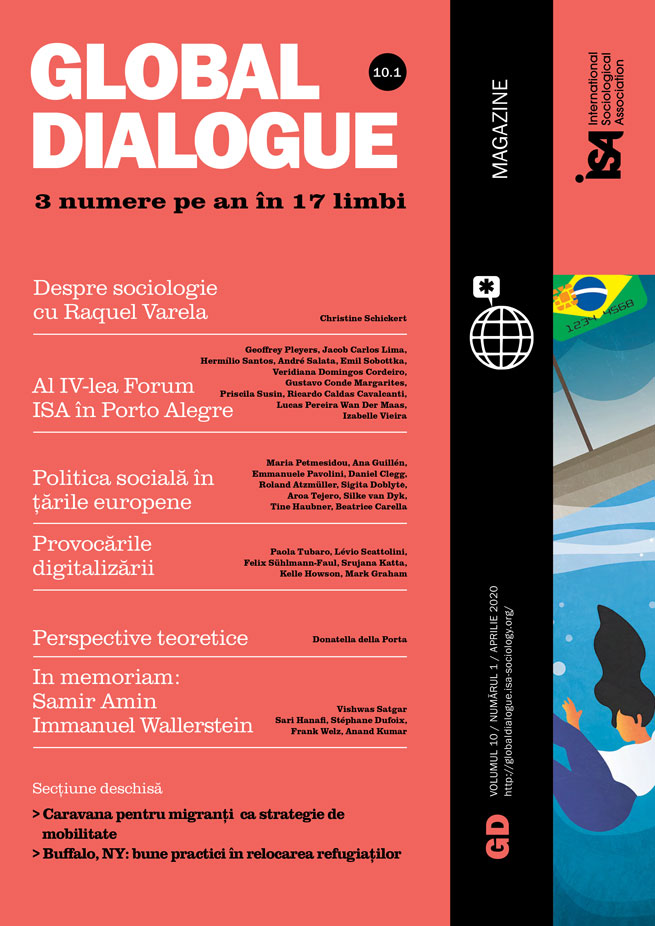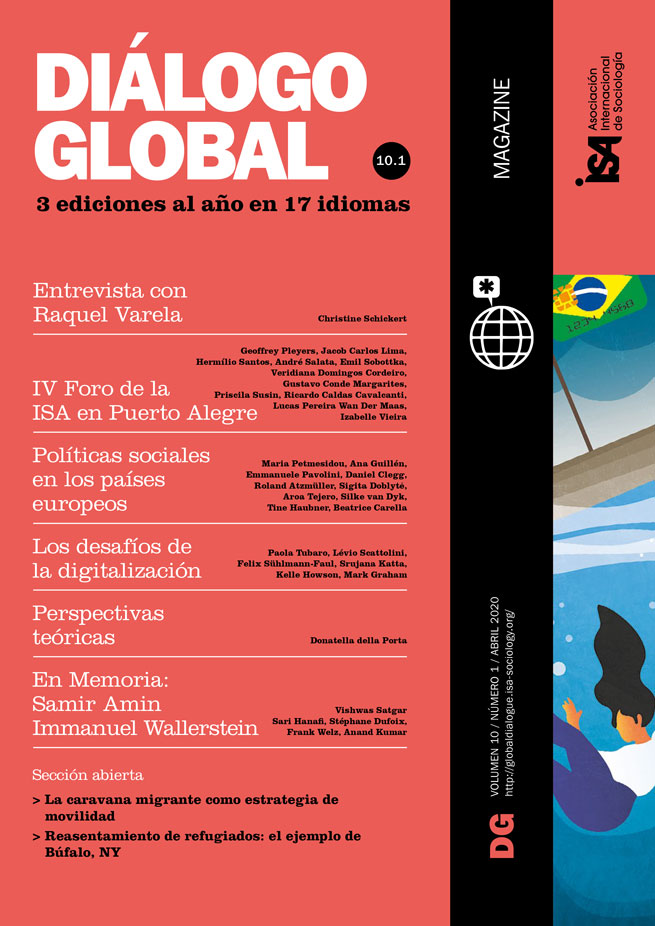A Museum of Great Novelties

February 21, 2020
Those that are a bit skeptical about what capitalism is still able to deliver in terms of civilizational achievements tend to receive with suspicion the promises surrounding technologies like those of the so-called Digital or Information Age. Artificial Intelligence, machine learning, Big Data, Internet of Things (IoT), blockchain, cryptocurrencies, and even smartphones, new extensions of our body and soul, are perceived not as a sign of new times to come, but as closing mechanisms of the future. Finding evidence to corroborate this hypothesis or even proving that it is going to happen does not answer a greater and much older question: why do we constantly see new solutions and structures moving away from the ideals that brought them alive and ending up essentially reconstituting the past under a new guise?
There are several dimensions when addressing this issue; I would like to stress a quite concrete and urgent one, which makes explicit the social roots usually neglected in this kind of debate. In the realm of ideas, the first widely spread cryptocurrency, Bitcoin, would be an insurrectionary measure against the inconceivable abuses perpetrated by the financial system – with permission and support of states all over the world – which culminated in the 2008 economic crisis. In fact, as a sign of protest, a Times report announcing the intentions of the United Kingdom government to release a second bailout for banks on January 3, 2009 was inscribed into Bitcoin’s source code as a timestamp proof of its launching day. But not only that, the technology’s architecture was indeed designed to take the power that comes from controlling the financial system out of the hands of “intermediaries” and distribute it to ordinary people, the general public.
The problem diagnosed with the traditional financial system is that it depends fundamentally on trust in centralized institutions for both transaction validation and currency issuance. In other words, it is precisely the financial institutions, such as private and central banks, who guarantee that A has possession of a certain amount of money and, after transferring such amount to B’s possession, cannot use it again. We delegate authority to the financial institutions to perform these relevant tasks and hope they will do their best. Although nowadays this does not appear as a problem for most since it remains occult and distant from daily life, it is a crucial factor for the government of the polis, especially in a social formation in which everything is produced for exchange – at the end, then, for money.
In this sense, the possibility of creating a decentralized network of ledgers, open to everyone who wishes to engage in it, where transactions are recorded and validated through a consensus coordination mechanism among all participating nodes, seems a quite adequate and interesting idea. Even more so if we consider that this network is fault tolerant (able to operate properly if one or some of its nodes fail), has a built-in unalterable currency issuance (limited to 21 million coins), allows people to transact almost instantly from anywhere with internet access, and has been working under massive attack attempts, without major structural damages, for more than eleven years. As a matter of fact, the architecture of distributed systems coordination behind Bitcoin was so beautifully done that it became a stand-alone technology, with a range of other implementations, called blockchain.
In 2019, Bitcoin peaked at $225 billion dollars in market value and had over 120 million transactions recorded in its native digital network over a one-year period. Should we conclude then that it has been revolutionizing the financial system and giving power to ordinary people? Not so fast. After a turbulent and reluctant beginning, from 2014 onwards, financial institutions, corporations, and big market players shifted their approach towards cryptocurrency and started to massively invest in and research the technology. The ideal that common users with their personal computers would be a majority in the network and have control over it was overwhelmingly challenged by reality. Nowadays, Bitcoin “mining” is controlled by huge “farms,” which is the term for big complex-companies that have machinery, energy, and resources – or, differently put, Capital – to better process the “proof of work” needed. Finally, it is worth mentioning Facebook’s recent announcements that it intends, in partnership with some of the largest corporations in the world, including financial institutions, to create its own cryptocurrency – wisely called Libra – with the aim of doing what Bitcoin and other cryptos failed to do, that is, to popularize it. That means we are on the verge of witnessing the biggest social media platform in the world, which has been improperly appropriating data from billions of people for more than ten years, allying with major corporations in order to create for the first time a truly global central bank, privately owned and omniscient about its users.
Here we may attest to the importance of critical analysis as a means to adequately orientate our action in the world. As pointed out before, from a pragmatic diagnosis that the problems of the current financial system are eminently related to a dependency on trusting centralized institutions as “intermediaries”, emerges a pragmatic solution to reform it and implement an open decentralized “network of trust.” However, what if the problems of our financial system come not from its form but from its content? What I mean is, how can one try to make a “disintermediated society” by relying on the most prominent social mediating figure of our time, money? Wasn’t money in the first place what made it necessary for centralized institutions of verification to develop and grow? Isn’t it the intrinsic logic of endless accumulation of money that generates concentration and centralization?
My claim is not that Bitcoin or the thousands of new cryptocurrencies are worthless, but rather that if the capitalist form of social organization is taken for granted, if the implications of a sociability through money is not put into perspective, these new technologies will be doomed to constantly reconstitute the past, the necessary social conditions without which Capital cannot reproduce itself. By making explicit the contradictory movement of valorization of Value – money that needs to become more money – we may have better diagnoses of the problems and, from there, perhaps may emerge better solutions, structures, or technologies for a different future: a new material process of production of life.
Lévio Scattolini, State University of Rio de Janeiro (UERJ), Brazil <leviosj@gmail.com>


